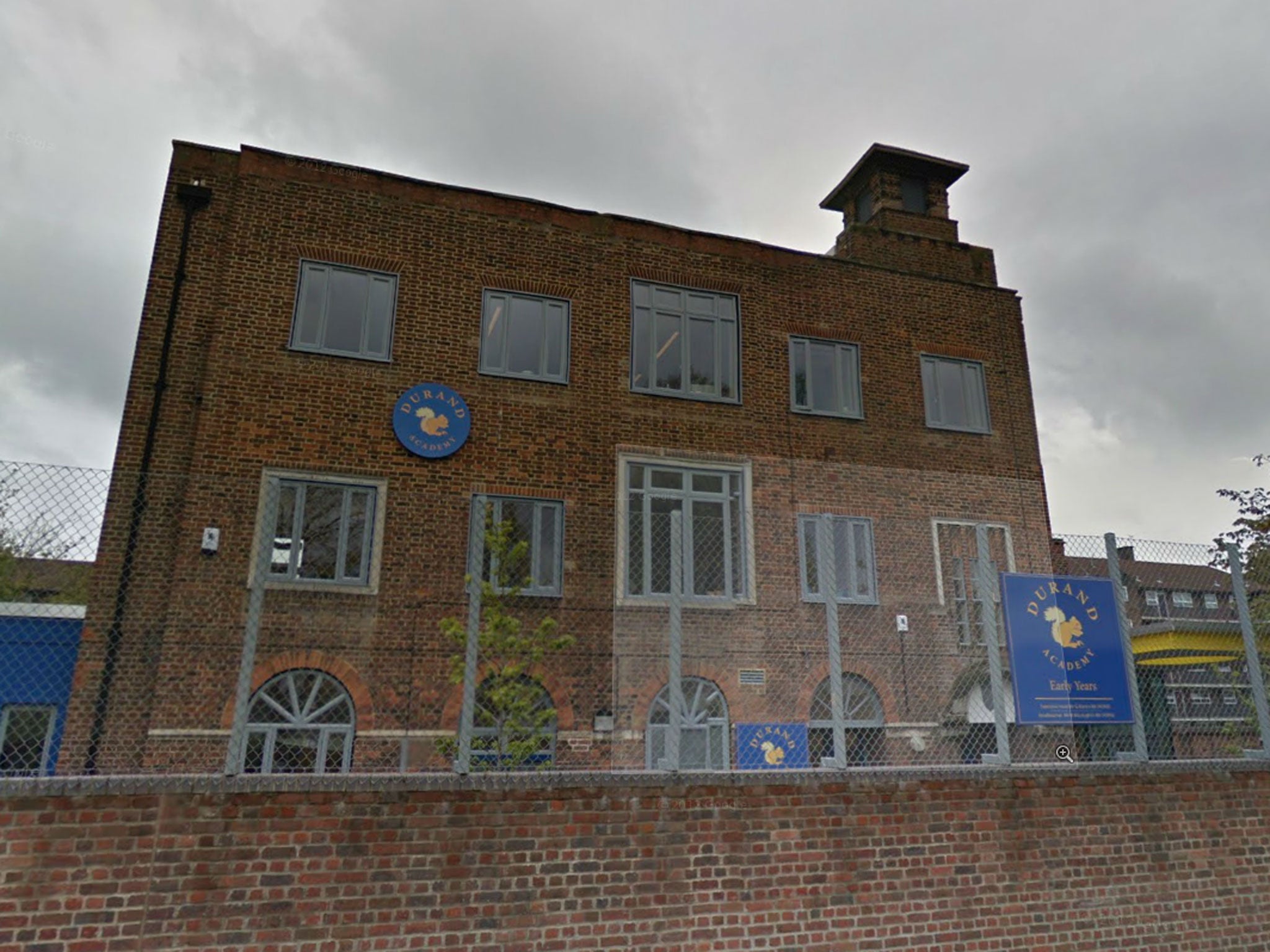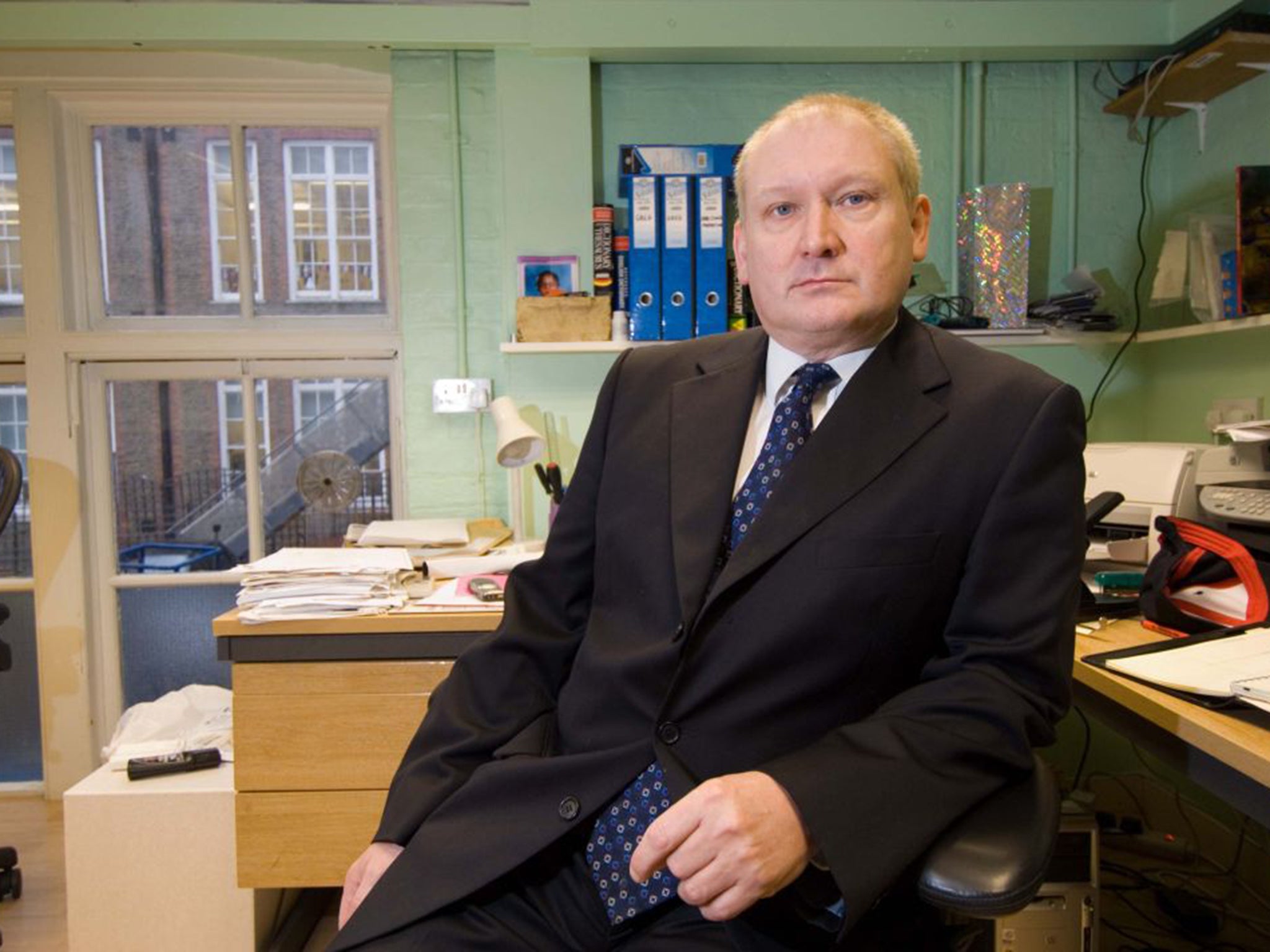MPs want tougher controls over academy trust finances after revelations that directors have been allowed to develop 'inappropriate business interests'
Chair of Public Accounts Committee cites the case of a headteacher who enhanced his £200,000 salary with £160,000 from a private company he ran on school premises

Serious flaws in the way the Government’s 4,400 academies are scrutinised have emerged as a result of an investigation by public spending watchdogs.
Directors of trusts that run academies have been allowed to “develop inappropriate business interests”, Chris Wormald, chief official of the Department for Education (DfE), has been warned.
The warning comes in a letter by Margaret Hodge, chair of the Public Accounts Committee, and seen by The Independent on Sunday. It also warns that the DfE must draw up tougher guidelines for “what constitutes fit and proper behaviour for those in positions of responsibility in the academy sector”.
The letter follows a public hearing into the financial affairs of the Durand Academy in Brixton, south London, where executive head and trust director Sir Greg Martin was found to be in receipt of £160,000 a year from a company set up to run leisure facilities on a site at the school in addition to his £229,000 headteacher’s annual salary.
The committee was also told that a website at the school was used to run a private dating agency.

Ms Hodge reported “serious concerns” about the governance and oversight of the Durand Academy and the implications this has for the oversight of the entire academy sector. She said the committee’s probing revealed concerns over the Education Funding Agency – responsible for overseeing cash for academies – and that its ability to “spot risks in individual academies and address them properly has been wholly inadequate”. “We were right to be concerned about the scope for unacceptable behaviour and about the ability of the department and the agency to identify and address it,” she wrote.
The committee heard that a company, of which Sir Greg was a director, had been set up to run a leisure club, including a gym and a swimming pool, at the school. Profits from the enterprise were ploughed into setting up a boarding school in Sussex for Brixton teenagers for free and Sir Greg had received £160,000 for his role in the company in 2012/13.
“We commend the education aspirations of Sir Greg Martin,” wrote Ms Hodge, “but you will agree this does not entitle him to make a substantial personal profit out of assets funded from the public purse. We were dismayed to hear that, despite already earning over £200,000 as the head of a primary school and being in the top nine headteachers in the country in terms of his pay, Sir Greg Martin has received in excess of £160,000 per year in management fees from a charitable trust which could otherwise have been spent for the benefit of children within the academy.”
MPs were “astonished” Sir Greg Martin had registered a dating agency at a leisure centre on the school site. Ms Hodge added: “Sir Greg Martin told us it was a private matter but we disagree since such activities risk undermining the reputation of the academy and are wholly inappropriate if there is any connection with a school environment.” The committee heard the DfE was questioning the legality of transferring land at the school to the Durand Education Trust from public ownership.

The letter reveals the Charity Commission was now investigating the governance arrangements of the Durand Academy Trust. It also criticised a decision to pay more than £500,000 to a political lobbying company and public relations company whose director was also a director of the Durand Academy Trust and a governor of the primary school. The monthly fees to the company rose from £8,700 a month to £20,000 plus expenses, after he joined the governing body. The contract has ended.
Sir Greg informed the committee that the dating agency – a “private matter” – no longer had links with the school website. There is no suggestion of any improper conduct by Sir Greg. He said he had received no income from London Horizons Ltd initially and said it would have been impossible to make the free boarding education offer without the substantial leisure activity income.
His boarding school venture won widespread acclaim from former Education Secretary, Michael Gove, who described it as the state’s equivalent of an Eton education. The project was granted £16m from the DfE.
The letter is a further blow to the academy movement and follows a recent parliamentary Education Select Committee report which said there was – as yet – no evidence of academies improving standards at a faster rate than other schools.
A Durand Academy spokesman said that “there is nothing wrong with public servants holding private business interests” and that London Horizons was “a private business” and its assets were also “private not public funds”. Far from taking money away from the state, the school and the children it served had benefited “tremendously” from donations from the business with smaller class sizes, subsidised lunches, discounted after-school clubs, free swimming and a free boarding school experience.
A DfE spokesperson said: “Academies and free schools operate under a strict system of oversight and accountability - more robust than in council-run schools - and we have consistently demonstrated that where we find failure, we will act quickly and decisively.
“We picked up the issues in Durand Academy through our routine checks on their financial accounts and are taking action to resolve the problems.
“Since the EFA was created in 2012, it has improved efficiency, accountability and transparency in the public sector. It has continued to tighten up since then, for example through the introduction of the “no profit” restriction on related party transactions.
"We will consider the committee's letter and respond in due course.”
Join our commenting forum
Join thought-provoking conversations, follow other Independent readers and see their replies
Comments
Bookmark popover
Removed from bookmarks